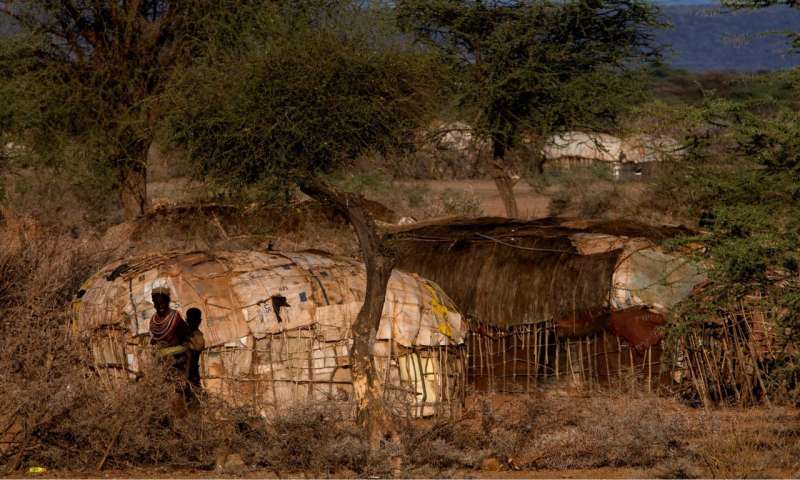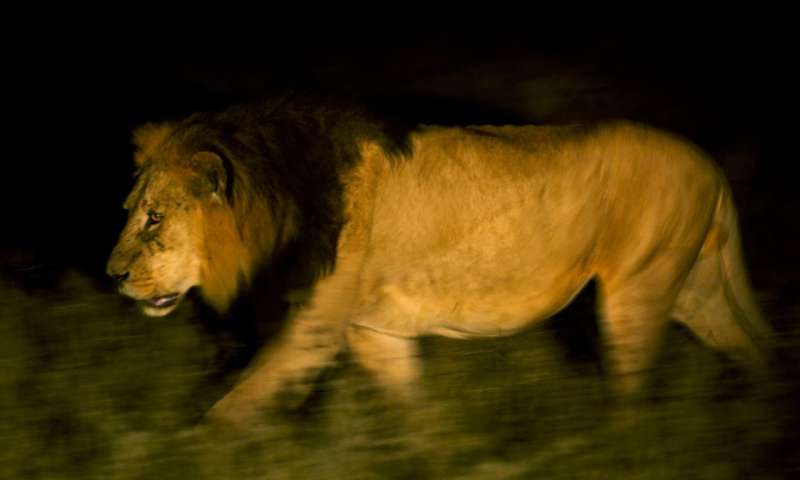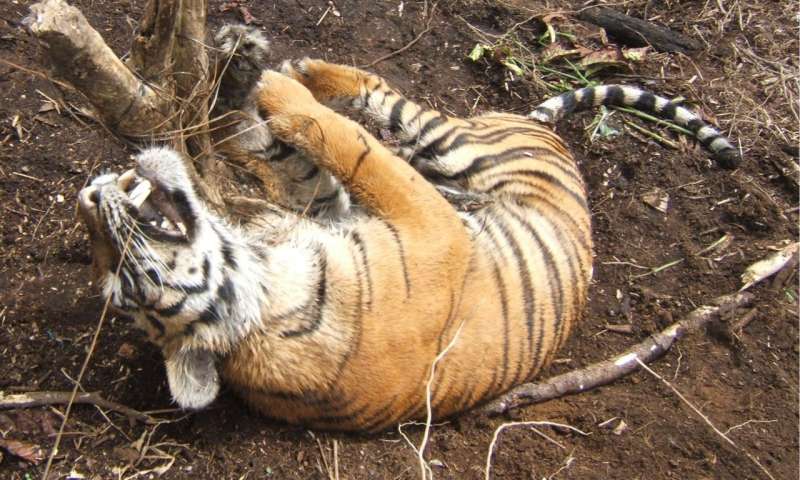Being smart about illegal wildlife trade—why local communities matter

Illegal wildlife trade is having a devastating impact on elephants, tigers and rhinos, pushing these iconic animals – and less well-known species such as sturgeon, geckos, pangolins and hornbills – to the brink of extinction. This month, the UK government is hosting an international conference on Illegal Wildlife Trade, bringing together global leaders to help eradicate this threat. One of the London conference's main priorities will be to strengthen 'end-to-end enforcement' – in other words, tackling the entire supply chain from poacher to end user.
A global threat requires global solutions; we need to strengthen legislation and law enforcement capability at national, regional and international levels, with coordinated international responses across source, transit and destination countries. However, end-to-end enforcement cannot hope to be effective unless we engage successfully with the men and women living alongside the wild populations we are seeking to protect.
The importance of community engagement has been acknowledged at previous international conferences, but to date this crucial element of global responses to wildlife trafficking has received limited attention – something that Fauna & Flora International (FFI) and our partners are working to change.
Why do local communities matter?
Those who actually live alongside wildlife will largely determine its future. Simply by virtue of their proximity to and knowledge of wildlife, local people are well placed to participate in and support illegal hunting, collection and trafficking. But by the same token, they are equally well placed to help prevent wildlife crime – for example by providing vital information or guardianship.

Living alongside wild animals is a risky business: elephants trample crops and lions jeopardise livelihoods by killing livestock. Anger at the damage caused by wildlife, and resentment at being excluded from decisions about its management, or denied a share of the benefits it provides, can serve to undermine local support for conservation efforts and lead desperate or disgruntled people to resort to poaching and trafficking.
Putting communities at the heart of conservation
FFI's experience in this space has repeatedly highlighted the importance of engaging with civil society and addressing local needs. Empowering communities is a central tenet of our approach to tackling illegal wildlife trade. FFI is already harnessing the potential of communities to prevent wildlife crime, by ensuring that they have the skills, resources and incentives to engage in wildlife protection and support those responsible for law enforcement. We do this by promoting sustainable livelihood initiatives, defusing wildlife conflict and strengthening local institutions until they are able to stand on their own two feet.
We champion the rights of local people to use and benefit materially from wildlife resources through, for example, a share of income from wildlife tourism. And we enable early-career conservation professionals in developing countries to realise their leadership potential, honing their ability to rise to conservation challenges – including illegal wildlife trade.
Preventing crime at source and building capacity and leadership at site level are key to our success. In a nutshell, it's about smarter enforcement, not just tougher enforcement. Actively engaging communities in Nicaragua to patrol their beaches and stop illegal harvesting of turtle eggs and training communities in Saint Lucia to use legal and sustainable tree-tapping methods to extract lansan resin are a far more effective long-term deterrent than externally imposed top-down enforcement.

Tackling trade in a tiger hotspot
FFI's outstanding success in stemming tiger, hornbill and pangolin trade in Kerinci Seblat, a flagship national park on the Indonesian island of Sumatra, is a prime example of the benefit of community engagement. Over a 20-year period, FFI has built and refined a collaborative tiger protection network comprising park staff, communities, police, judiciary and local government officials.
Highly trained Tiger Protection and Conservation Units (TPCUs), which include rangers recruited from forest-edge communities, are the beating heart of this pioneering programme. Local intelligence plays a crucial role in law enforcement – the TPCUs have cultivated community information networks virtually encircling the park's borders.
In Kerinci's buffer zone, meanwhile, FFI is enabling communities to secure rights to manage their forests sustainably through 35-year renewable Village and Customary Forest licences; over 700 km2 of forest have been brought under community management in this way.
In the last 15 years, TPCU teams have removed almost 6,000 snares in the course of patrolling more than 23,000 km. Snare detection has increased by over 40% as a result of 'tip-offs' from local community informants.

The project has directly contributed or led to 63 arrests and 59 successful or ongoing prosecutions for wildlife crimes, resulting in custodial sentences of up to four years. In 2017, the recorded poaching threat fell by 90%, as a direct result of strategic law enforcement against key individuals.
Despite a dramatic spike in poaching activity between 2012 and 2015 the TPCU teams held the line and Sumatran tiger densities in the core of the park remained stable.
Giving communities a voice in London and beyond
On the eve of the London conference, FFI will co-host an event that provides community representatives with a forum to voice their opinions about the effectiveness of international efforts to combat illegal wildlife trade. The representatives will share the recommendations from this event at a panel session at the conference itself. We are supporting the participation of a community ranger from Kerinci Seblat National Park, as well as our partners from Ol Pejeta Conservancy in Kenya.
We hope that bringing community voices to the fore and sharing FFI's learning will catalyse development of governance, policy and partnerships that foster the active participation of local communities in tackling illegal wildlife trade.
Provided by Fauna & Flora International


















